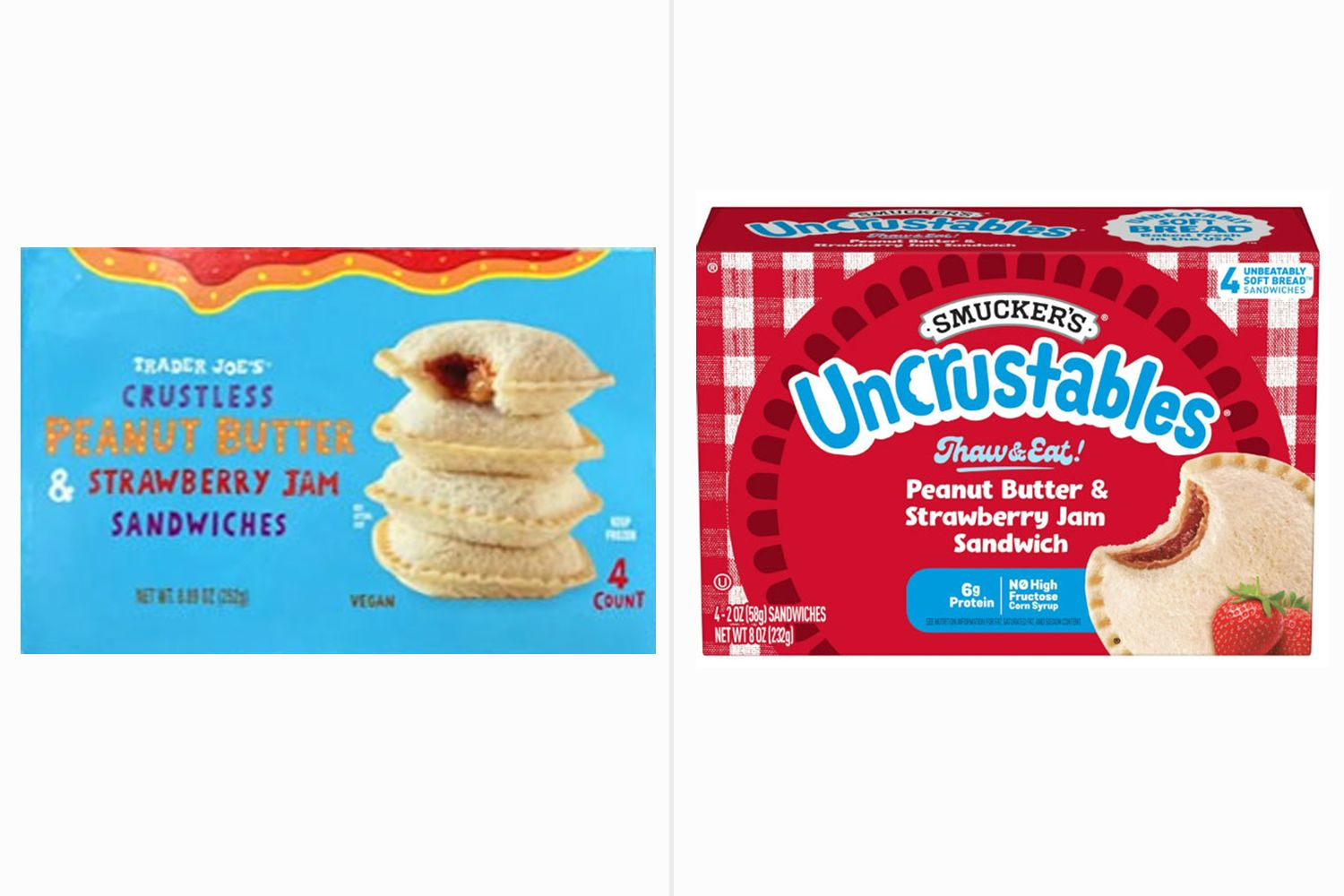
A Dirty Side of Manufacturer and Retailer Relationships

Smucker’s just sued Trader Joe’s for copying their Uncrustables with a suspiciously similar PB&J sandwich.
Why? Smucker has spent over $1 billion developing the Uncrustables brand over the past two decades - only for Trader Joe’s to swoop in and try to ride their coattails.
I don’t blame Smucker’s for fighting back.
If Trader Joe’s gets away with this, you can bet that Walmart, Target, Safeway, and every other major retailer will follow. One by one, they’ll replicate Uncrustables and using their distribution power.
I’ve seen the dark side of this relationship up close.
I’ve stood in a retailer’s warehouse where more than 50 folding tables were lined with every branded product they carry on their shelves. Category by category. SKU by SKU. Imagine seeing Coca-Cola, Pepsi, Hersheys, Dove, and thousands of others lined up.
The goal? Analysts were identifying which SKUs they could replace with their own private label version.
Why? Because private label boosts their margin and makes them look like they’re giving consumers a better value.
But behind that story of “value” is a much uglier one:
- Retailers have access to all the sales data.
- They know exactly which SKUs are performing.
- And they can take your winning formula to a contract manufacturer and have it replicated - often within months.
The brand takes all the risk. The retailer takes all the reward.
This isn’t new. Walmart, Amazon, and others have been playing this game for years. But it’s accelerating.
Private label products now account for 25% of total retail sales, and in some categories, they’re moving faster than national brands.
What’s worse — once the retailer’s own version gains traction, they’ll often reduce your shelf space or kick you out altogether. You built the demand, and they used it to replace you.
If you’re a brand, it’s time to start fighting back - not just in court, but in how you build your business.
That means:
- Strengthening your direct-to-consumer relationships
- Investing in brand equity that can’t be copied
- And using AI and data to get closer to your customer than any retailer ever could.
Because the old rules of retail are shifting fast and if you’re not building your own advantage, someone you consider a partner may be quietly building it against you.

Start your free 14 days trial!
easily collaborate with your agency partners and freelancers.








